|
|
|
In a time of grief, Nova Scotia turns to music
|
|
Quarantine and mourning aren’t a good mix. Mourning and lament have public aspects, serving to reassure the bereaved that a social, caring world of story, friendship and community can hear and hold sorrow and suffering.
This is one reason it’s so important that people in Nova Scotia and across Canada have been turning to music and virtual sharing in the context of the coronavirus pandemic. They’re also voicing their sorrow and processing their grief after 22 people died in Canada’s worst mass shooting in Nova Scotia, Heather Sparling writes today in The Conversation Canada.
The associate professor of ethnomusicology and Canada research chair in musical traditions at Cape Breton University considers how mourners are drawing on a long Atlantic Canada disaster song tradition and a musical heritage, from bagpipes to “broadside ballads,” as a way of consoling, honouring the dead and memorializing.
Also today, music neuroscientists Jessica Grahn from Western University writes that “music moves us at the level of the body, the brain and the group.” The story examines music in the context of the coronavirus pandemic at large.
Our other stories:
Regards,
|
Susannah Schmidt
Education + Arts Editor
|

|
|
Weekend Reads
|
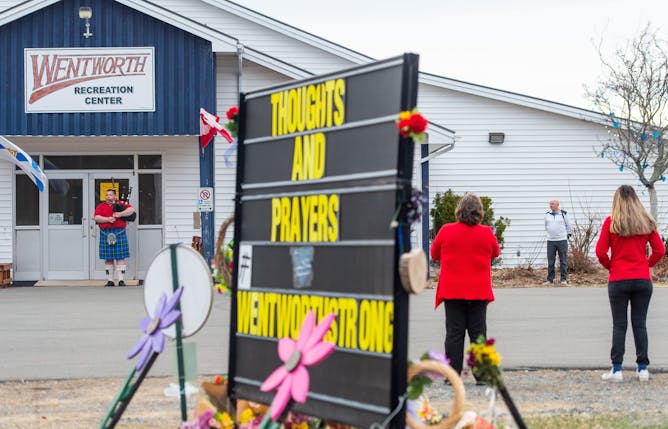
A piper plays ‘Amazing Grace’ as local residents look on during a local vigil in Wentworth, N.S., after the worst mass shooting in Canada.
THE CANADIAN PRESS/Liam Hennessey
Heather Sparling, Cape Breton University
Virtual music vigils after the Nova Scotia shootings draw on a long tradition of Atlantic Canadian disaster songs and 'broadside ballads' to mourn in a time of social distancing.
|

Allowing MPs to vote electronically would go a long way to promoting gender equity in Canadian politics.
(Pixabay)
Regan Johnston, McMaster University
To boost inclusivity among its ranks, the House of Commons needs parliamentary reform of its voting procedures to allow electronic online voting, or e-voting, for its members.
|
Top story
|
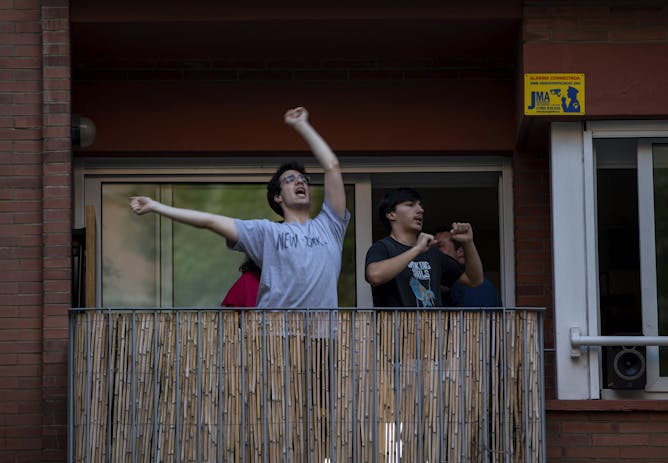
People dance on their balcony in Barcelona, Spain, on April 25, 2020, as the lockdown to combat the spread of coronavirus continues.
(AP Photo/Emilio Morenatti)
Jessica Grahn, Western University; Anna-Katharina R. Bauer, University of Oxford; Anna Zamm, Central European University
From balcony concerts to Zoom choirs, neuroscience shows why people are compelled to connect through music while the pandemic keeps them under stay-at-home orders.
|

Educational institutions have long been concerned about the risk of being sued for copyright infringement, and a mass movement online introduces new issues.
(Shutterstock)
Samuel E. Trosow, Western University; Lisa Macklem, Western University
University instructors should have more leeway in using copyrighted materials during the coronavirus pandemic.
|
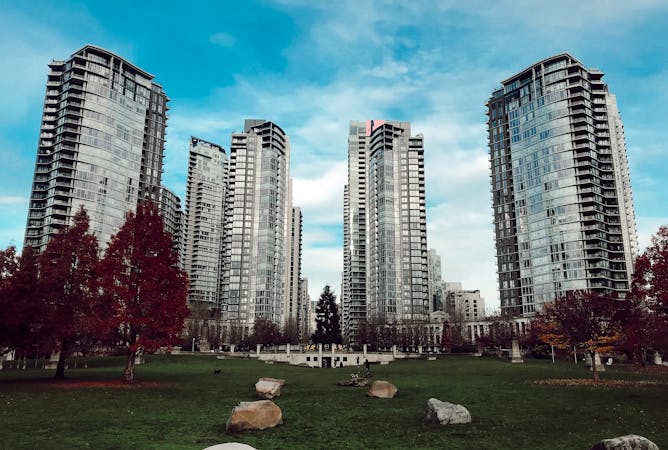
Cities are going to be reshaped by the coronavirus pandemic, which has closed public parks, decreased traffic and put pressures on housing.
(Nathan Shurr/Unsplash)
Jill L Grant, Dalhousie University
Cities can learn from past pandemics to see how communities and lifestyles are shaped by outbreaks.
|
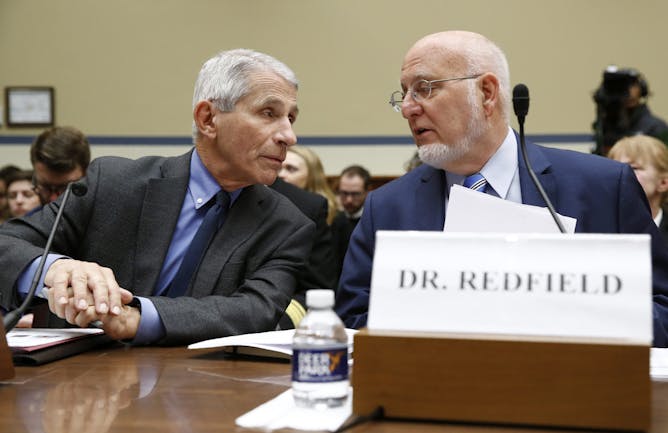
Anthony Fauci, left, director of the National Institute of Allergy and Infectious Diseases, speaks with Robert Redfield, director of the Centers for Disease Control and Prevention, before testifying at a congressional hearing in March. Fauci has had a higher public profile during the coronavirus pandemic.
(AP Photo/Patrick Semansky)
Vivek Goel, University of Toronto
Those who work in the background to keep everyone healthy — public health nurses, health inspectors, laboratory techs and epidemiologists — deserve recognition in the fight against COVID-19.
|
La Conversation Canada
|
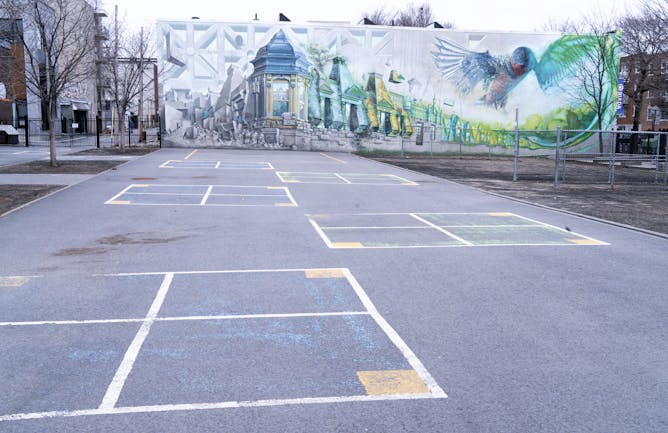
Une cour d'école fermée, à Montréal, le lundi 27 avril 2020. Le gouvernement du Québec a donné des détails sur la manière dont il prévoit rouvrir progressivement ses écoles.
La Presse Canadienne/Paul Chiasson
Patrick Charland, Université du Québec à Montréal (UQAM); Caroline Coulombe, Université du Québec à Montréal (UQAM); Jonathan Bluteau, Ph.D. ps.éd.; Nadia Turgeon, Université du Québec à Montréal (UQAM); Olivier Arvisais, Université du Québec à Montréal (UQAM)
Les parents doivent décider si oui ou non, ils enverront leurs enfants à l’école. Il y a plusieurs bonnes raisons de le faire, mais aussi beaucoup d’inquiétudes… Il faut apprendre à naviguer à vue.
|
| |
| |
| |
| |
| |
| |
|
|
|
|
|
|
|